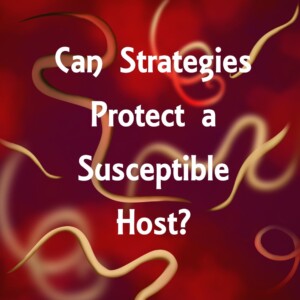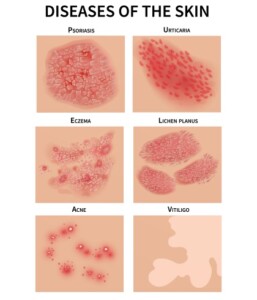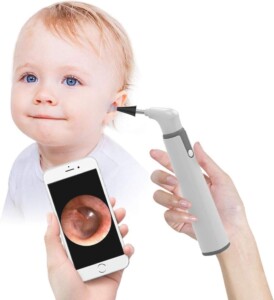My journey with anxiety began in the quiet, unsuspecting corridors of elementary school, where the anticipation of a new day felt more like a looming storm than an opportunity for learning and growth. It wasn’t just the butterflies-in-the-stomach kind of nervousness that everyone talks about; it was an overwhelming wave that made even the simplest tasks seem insurmountable. School became a battleground, not of intellect, but of will, as I fought to keep the anxiety at bay, often feeling on the verge of succumbing to an invisible force that made me feel like I was always about to puke. It was a silent struggle, one that followed me through the years, morphing and adapting as I grew, always a step behind me, waiting to pounce at moments of vulnerability.
Navigating this landscape of constant anxiety was no easy feat. The usual route suggested by professionals led me to prescription medications, a path I walked down with both hope and hesitation. Escitalopram became a daily companion, a beacon of stability in the tumultuous sea of my anxiety. It was effective, more so than anything else I had tried, yet it wasn’t a cure-all. There were still days when the medicine alone couldn’t cut through the fog, when the anxiety found its way around the barriers I had put up. It was during these times that I found myself seeking something more, something to supplement my daily regimen and offer relief in moments of acute distress. For anyone walking a similar path, exploring holistic approaches to managing anxiety can provide additional strategies to nurture both mind and body.
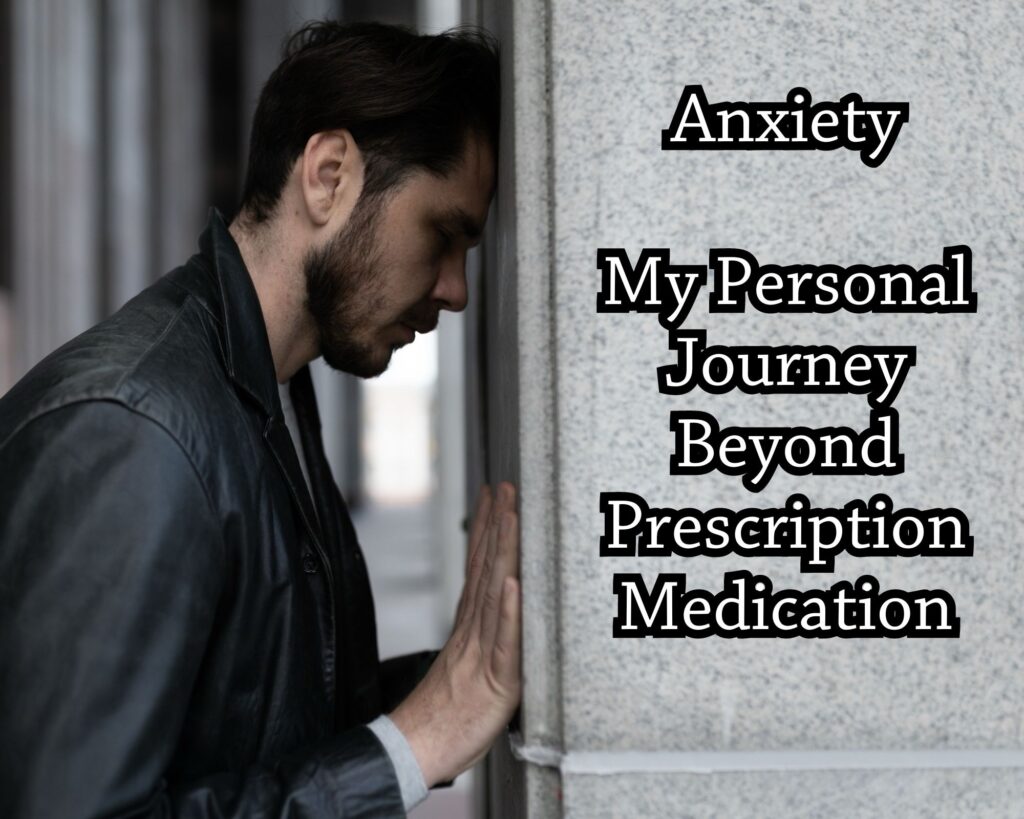
The Discovery of Over-the-Counter Relief
The search for additional support led me to an unexpected discovery: the potential of over-the-counter (OTC) medications, specifically meclizine and Benadryl, to offer a semblance of peace during particularly challenging moments. This wasn’t a solution I stumbled upon through doctor recommendations or medical journals, but rather through a combination of curiosity, desperation, and a bit of luck. Both of these medications, traditionally used for allergies and motion sickness, have sedative effects that, while inducing drowsiness, also provided a surprising benefit—calmness.
My initial forays into using meclizine and Benadryl were cautious, fueled by a mix of skepticism and hope. The results were unmistakable. Yes, they made me tired, a side effect that was both a blessing and a curse. But within that tiredness lay a calm I hadn’t felt in years. It was as if the medications wrapped my frazzled nerves in a warm blanket, muffling the anxiety enough for me to breathe, to function, without the constant hum. For those interested in trying this approach, discovering the benefits of Meclizine Chewable Tablets for motion sickness relief and Diphenhydramine HCl Tablets for allergy symptoms might be the first step towards finding a bit of tranquility in the storm of anxiety.
Exploring natural remedies for anxiety and stress can also complement the use of OTC options, offering a broader toolkit for those of us navigating the complex waters of anxiety management. It’s about finding a balance, a combination of strategies that work for the individual, whether that’s through prescription medication, OTC relief, or holistic and natural methods.
Cannabis has been a great help for me fighting terrible insomnia as well as some anxiety!
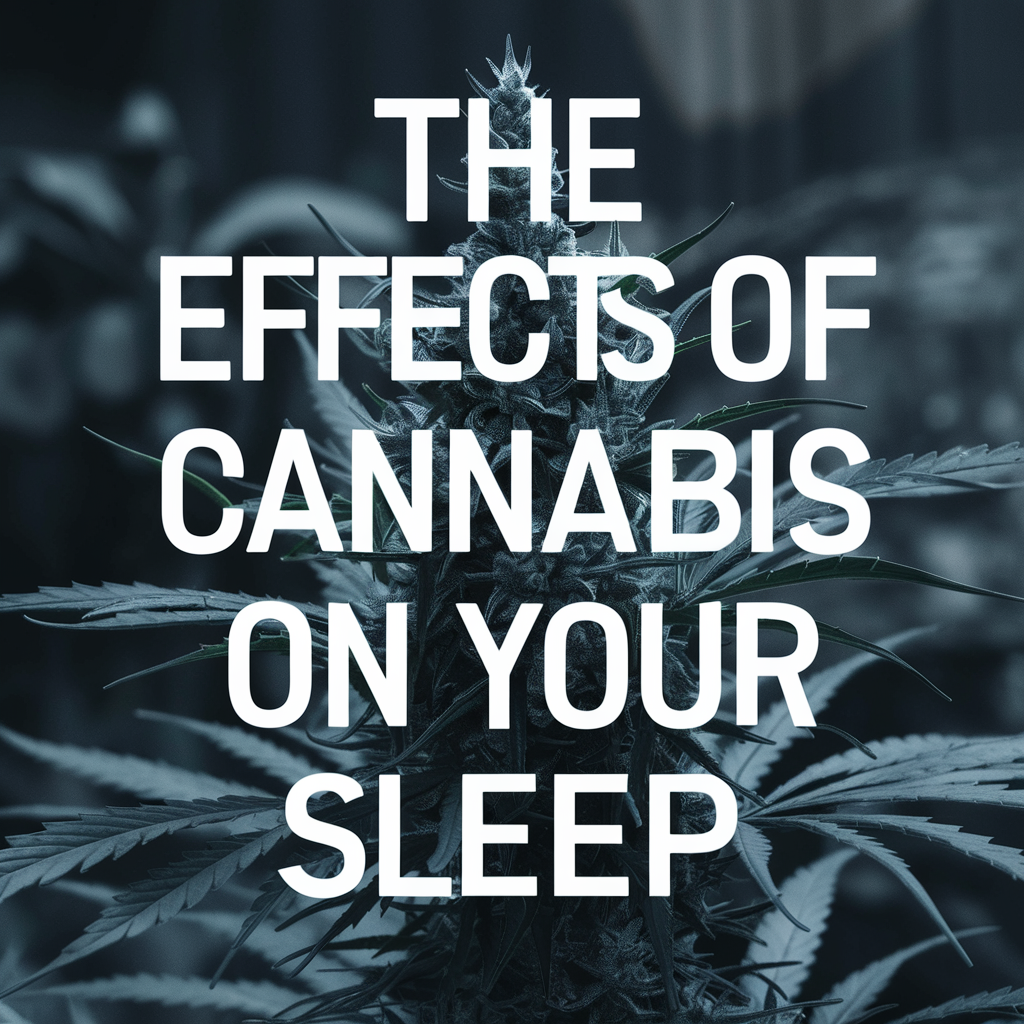
For anyone looking to understand more about how anxiety can quietly dominate one’s life, recognizing the 7 hidden signs your anxiety is taking over your life can be an enlightening read. It’s a journey of self-discovery, of piecing together the puzzle that is our mental health, and finding the strategies that bring us closer to balance and well-being. Through a mix of Meclizine Chewable Tablets for those particularly anxious moments and Diphenhydramine HCl Tablets for a non-prescription approach to calming down, I’ve found a unique but effective way to manage my anxiety alongside my prescribed medication.
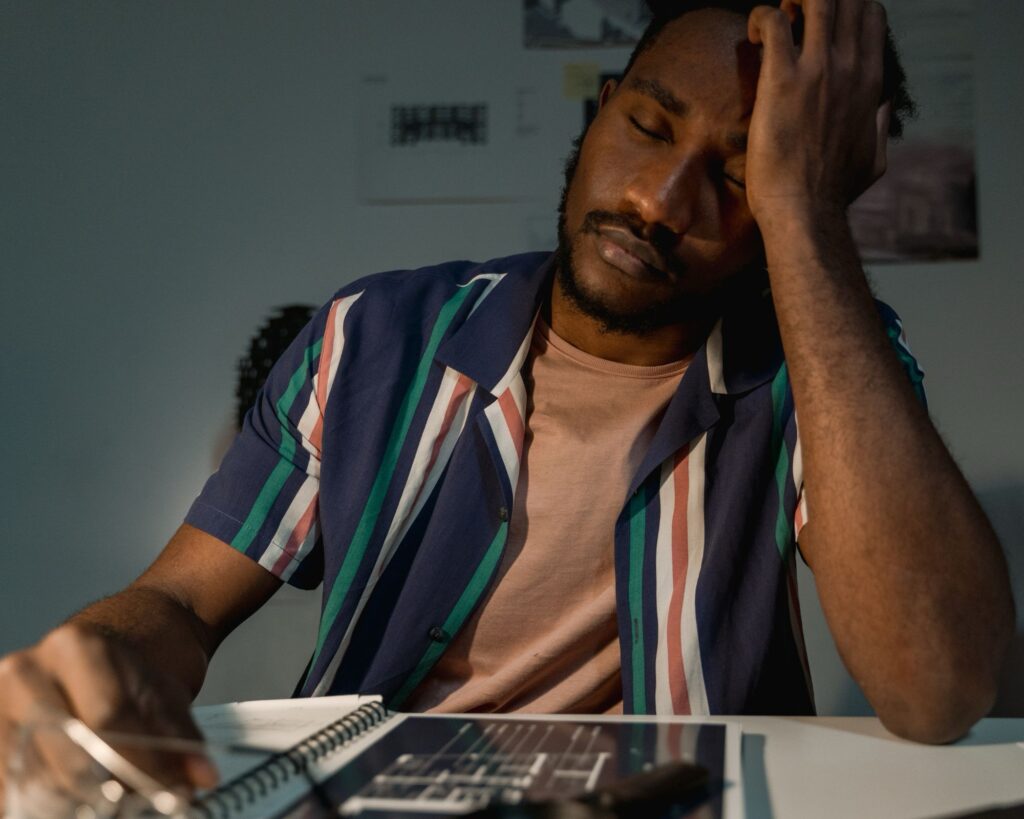
The Role of Tiredness in Managing Anxiety
An unexpected ally in my battle against anxiety has been the concept of tiredness itself. Initially, the idea that feeling tired could in any way be beneficial seemed counterintuitive, if not outright nonsensical. However, as I navigated the complexities of managing my anxiety with the help of Meclizine Chewable Tablets and Diphenhydramine HCl Tablets, both of which induce a state of drowsiness, I began to notice a pattern. The sedative effect, though a side effect in the context of their primary use, provided a sort of mental quietude that I had been desperately seeking.
This drowsiness, far from being a mere inconvenience, became a tool. It’s as if the physical state of being tired lowers the volume on anxious thoughts, making them less insistent, less overwhelming. The calm that accompanies this tiredness is not just the absence of anxiety; it’s a deeper sense of relaxation that seems to make the anxiety more manageable. In this state, the world slows down a bit, and the relentless pace of anxious thoughts seems to decelerate, offering a respite that I had not found through other means.
It’s worth noting that this approach—leveraging the sedative effects of medications like Meclizine Chewable Tablets and Diphenhydramine HCl Tablets—is not without its considerations. The balance between using these medications for their calming effects and managing their impact on daily functioning is delicate. It’s a strategy that, while effective for occasional use, especially in anticipation of high-anxiety events like a big dental visit, requires thoughtful management.
Moreover, understanding the broader implications of using tiredness as a mechanism for managing anxiety underscores the importance of a comprehensive approach to mental health. Integrating natural remedies for anxiety and stress, alongside exploring the deeper insights provided by recognizing the 7 hidden signs your anxiety is taking over your life, contributes to a more holistic strategy. This strategy not only addresses the symptoms of anxiety but also fosters a deeper understanding and resilience against its impacts.
In essence, the journey through anxiety is deeply personal, and the paths to managing it are varied. The discovery that tiredness, induced by certain over-the-counter medications, could serve as a bastion against the onslaught of anxious thoughts was a revelation in my own journey. It’s a testament to the unique ways we can find to cope with our struggles, suggesting that sometimes, the most unexpected tools can offer the greatest relief.
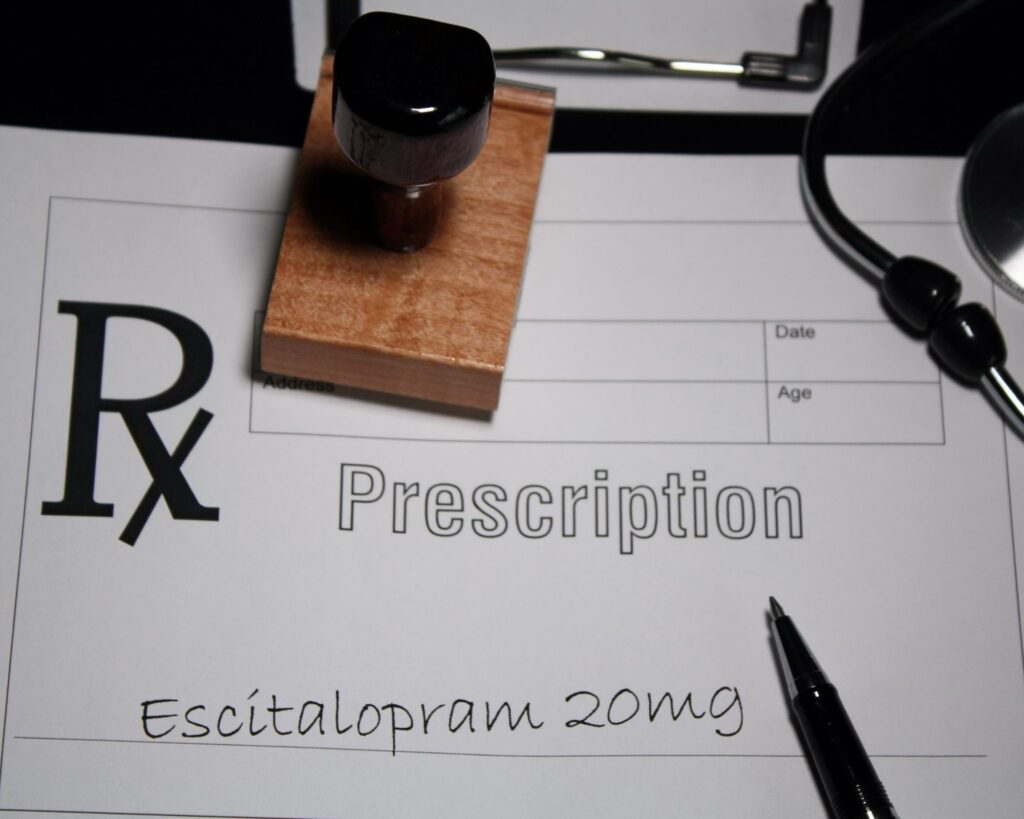
Escitalopram: My Daily Foundation for Anxiety Management
In the tapestry of strategies I’ve woven to manage my anxiety, Escitalopram has been the cornerstone. My journey to this particular medication was not straightforward; it was the result of careful consideration and collaboration with my healthcare provider. Escitalopram, a prescription medication known for its efficacy in treating anxiety and depression, offered me a semblance of normalcy amidst the chaos of my anxiety-ridden days. Its role in my life cannot be overstated—it provided a foundation upon which I could build additional coping mechanisms, including the occasional use of Meclizine Chewable Tablets and Diphenhydramine HCl Tablets for those moments when anxiety peaks unexpectedly.
The journey with Escitalopram has been one of discovery and adjustment. It’s important to note that while Escitalopram has been incredibly effective for me, the process of finding the right medication and dosage is highly individual. What works for one person may not work for another, highlighting the importance of professional guidance in navigating the complex world of anxiety medications. This medication, although powerful, is but one piece of the puzzle. It addresses the biochemical aspects of anxiety, laying a stable groundwork from which I can employ other strategies to manage the condition.
The daily use of Escitalopram does come with its own set of considerations, primarily the need to be mindful of potential side effects, such as tiredness. This side effect, while manageable, requires balancing with other aspects of my life to ensure I can function at my best. It’s a delicate dance of managing the benefits of reduced anxiety with the need to remain alert and engaged in my daily activities.
Incorporating Escitalopram into my life has also underscored the importance of a holistic approach to anxiety management. Alongside medication, exploring holistic approaches to managing anxiety and natural remedies for anxiety and stress has enriched my toolkit, providing me with a variety of strategies to combat anxiety. It’s a multifaceted approach that recognizes the complexity of anxiety as a condition that affects not just the mind, but the body and spirit as well.
Escitalopram has been a game-changer for me, a daily reminder that while anxiety may be a part of my life, it does not define it. This medication, in combination with other strategies, offers a beacon of hope for those of us navigating the often turbulent waters of anxiety. It’s a testament to the power of medical science, and yet, it’s also a prompt to remember the value of complementing medical treatment with other supportive practices. As we explore the depths of our own experiences with anxiety, it becomes clear that the journey is not just about managing symptoms, but about building a life that acknowledges our challenges while also celebrating our strengths and resilience.
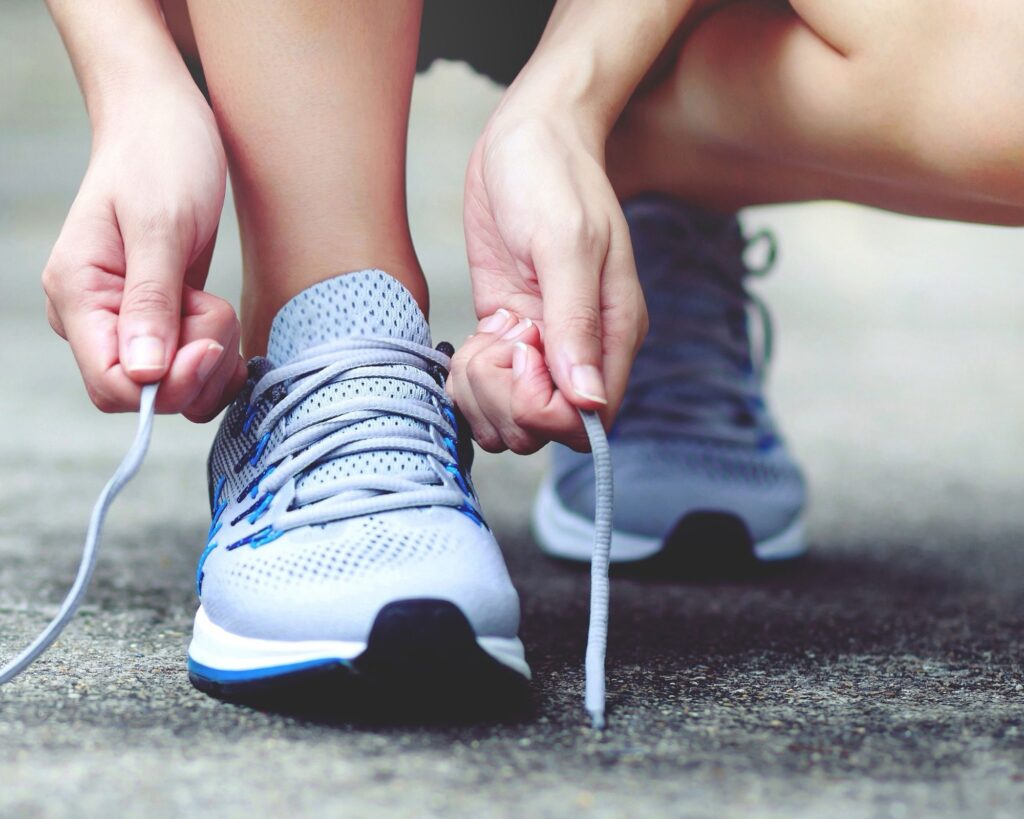
Lifestyle Adjustments and Coping Strategies
Beyond the realm of medication, both prescription and over-the-counter, lies a vast landscape of lifestyle adjustments and coping strategies that have significantly contributed to my ability to manage anxiety. These practices, while sometimes subtle in their effects, collectively create a powerful framework for resilience and well-being. The journey to integrate these habits into my daily life has been both challenging and rewarding, offering me additional tools beyond Meclizine Chewable Tablets and Diphenhydramine HCl Tablets, and the foundational support of Escitalopram.
Mindfulness and Meditation
One of the most transformative practices has been mindfulness and meditation. Initially, the concept seemed distant and abstract, but with persistence, it has become a cornerstone of my daily routine. The practice of grounding myself in the present moment, acknowledging my thoughts and feelings without judgment, has provided a profound sense of peace and clarity. This mental clarity is akin to the calm induced by the drowsiness of OTC medications, yet it comes from a place of awareness and control.
Physical Activity
Physical activity has also played a crucial role in managing my anxiety. The relationship between exercise and mental health is well-documented, and I’ve experienced firsthand the benefits of regular, moderate exercise. Whether it’s a brisk walk, a jog, or a yoga session, the act of moving my body helps to dissipate the physical tension that anxiety often brings. It’s a natural complement to the sedative effects of medications, offering a dynamic way to channel and alleviate stress.
Nutritional Considerations
Nutrition is another critical component of my anxiety management strategy. The adage “you are what you eat” holds true in the context of mental health, with certain foods and dietary patterns having the potential to either exacerbate or alleviate anxiety symptoms. Incorporating a balanced diet, rich in whole foods and low in processed sugars, has helped stabilize my mood and energy levels, creating a more harmonious internal environment for managing anxiety.
Social Support and Therapy
Lastly, the value of social support and therapy cannot be overstated. Building a network of friends, family, and professionals who understand and support my journey with anxiety has been invaluable. Therapy, in particular, has offered insights and strategies that have deepened my understanding of anxiety and how to navigate it effectively. This support system acts as a complement to the tangible relief provided by medications, enriching my toolkit with emotional and psychological resources.
These lifestyle adjustments and coping strategies, together with the foundational support of Escitalopram and the occasional aid of Meclizine Chewable Tablets and Diphenhydramine HCl Tablets, form a comprehensive approach to managing anxiety. It’s a multifaceted strategy that acknowledges the complexity of anxiety as a condition that permeates every aspect of life. By embracing a holistic approach, integrating medication with lifestyle and psychological strategies, I’ve found a path to managing anxiety that is both effective and sustainable. It’s a journey of continual learning and adaptation, but one that ultimately leads to a richer, more balanced life.
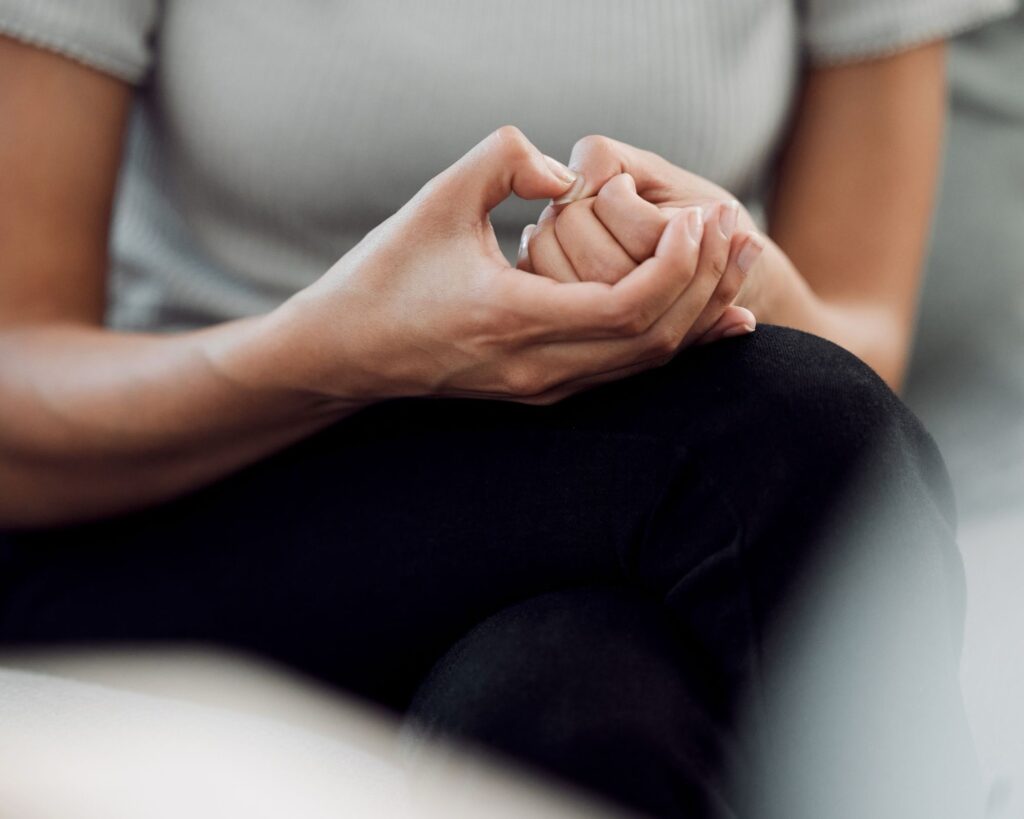
Embracing a Multifaceted Approach to Anxiety
My journey through the landscape of anxiety has been long and, at times, arduous. Yet, it has also been a journey of discovery, resilience, and hope. From the early days of overwhelming school anxiety to finding stability through Escitalopram, and exploring the additional relief provided by over-the-counter options like Meclizine Chewable Tablets and Diphenhydramine HCl Tablets, my approach to managing anxiety has evolved significantly. The realization that managing anxiety is not a one-size-fits-all solution but rather a personalized tapestry of strategies has been liberating.
Incorporating lifestyle adjustments and coping strategies—from mindfulness and physical activity to nutrition and therapy—has enriched my toolkit, offering a balanced and holistic approach to a condition that affects so many dimensions of life. It’s a testament to the power of persistence, the value of comprehensive care, and the importance of embracing a multifaceted approach to mental health.
Anxiety, with its many faces and phases, requires a dynamic and adaptable management strategy. It’s about finding what works for you, whether it’s medication, lifestyle changes, or a combination of both, and understanding that this process is a journey, not a destination. The key is to keep exploring, adjusting, and advocating for your well-being with the support of healthcare professionals.
Questions and Answers
Can over-the-counter medications like Meclizine and Benadryl really help with anxiety?
Yes, in my experience, Meclizine and Benadryl have provided occasional relief from anxiety due to their sedative effects. However, it’s crucial to consult with a healthcare professional before using these medications for anxiety, as they are not primarily intended for this purpose and may not be suitable for everyone.
How do you balance the tiredness caused by these medications with daily activities?
Balancing the sedative effects of these medications with daily life involves careful timing and dosage control. I typically use them during times when I can afford some downtime or when the benefits of reduced anxiety outweigh the need for alertness. It’s all about managing and anticipating the effects in a way that suits your lifestyle and commitments.
Is a prescription medication like Escitalopram necessary for managing anxiety?
For me, Escitalopram has been a crucial part of my anxiety management strategy, providing a stable foundation for my mental health. However, the necessity of prescription medication varies from person to person. It’s essential to work closely with a healthcare provider to determine the best approach for your specific needs and circumstances.
Are there any risks to using OTC medications for anxiety?
Using OTC medications like Meclizine and Benadryl for anxiety can have risks, such as dependence, tolerance, and side effects, including drowsiness and dry mouth. It’s important to use them responsibly and under the guidance of a healthcare professional, especially if they are being used off-label for anxiety.
In wrapping up, the journey of managing anxiety is deeply personal and constantly evolving. What has worked for me may not work for everyone, but the key is to remain open to exploring different strategies and to consult with professionals who can guide you through this process. With the right approach, anxiety can be managed effectively, leading to a more fulfilling and balanced life.
Something that is now called Eco-Anxiety is taking the world by storm! Click here to read more!
As an Amazon Associate we earn from qualifying purchases through some links in our articles.

